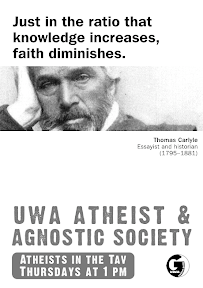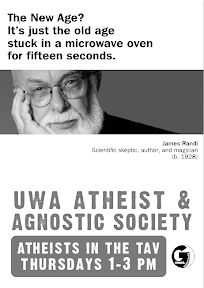Plato’s been causing trouble.
It’s that old Platonic ideal. Imagine an elephant. Not just some elephant you know (if you do know any), but the ideal prototypical elephant. Big, sort of gray, ears, legs, tail, trunk. An idea from which all other elephants deviate. That’s your Platonic elephant. Pure elephanticity.
The Platonic elephant doesn’t exist, except as an idealised abstraction in our minds. But this notion of ideal forms, of Platonism, is so pervasive that we sometimes don’t even see it. Which is why, as I say, it causes trouble.
People who aren’t good at understanding evolution are fond of repeating that there are no transitional forms. But in fact every species represents a transitional form. What we consider the species ‘elephant’ is nothing more than the set of all elephants that exist, which is different today than it was 200 years ago, which was different from 10,000 years ago. Real elephanticity keeps moving. When people think of the Platonic elephant as an immutable concept, they get tripped up.
Christian Platonism’s been dicking with my head for a long time, too. That involves the belief that a perfect version of you existed before this life (if you’re Mormon), or that your essential nature is spirit perfection, if you can keep it unspotted by the flesh. That Paul was horrified by flesh is one of the saddest contributions to Western thought, and goes a long way to explaining how fucked up Christianity is.
Avid comment readers will remember a recent Anonymous commenter (no, not Dieter Pingle) who made it clear that he (or perhaps she) wasn’t going to accept any evidence as good enough, that all evidence was equally valid (or invalid), and that the only way to go was pure reason.
Anon groused:
You put your faith in a system that “works well enough.” Mormons and other religious people do the same. You can’t come up with any real evidence to support your view and you feel that they can’t either.
Let’s ignore the fact that, since Anon didn’t accept that some evidence was better than others, I had already given her (or him) the best evidence anyone could ever provide.
What I realised from this exchange was that I had been accepting empirical evidence because it worked “well enough”, while acknowledging that it was somehow inferior to, and would take second place to, ‘pure reason’. And I had accepted this for as long as I could remember.
I have now come into contact with an article called “Newton’s Flaming Laser Sword” (PDF) by Mike Alder of our own august UWA. It’s the kind of thing everyone else probably knows already, but which I’m only now becoming aware of. (Ain’t larnin’ grand.) His argument is that ‘pure reason’ of the Platonic kind isn’t actually good for anything really, and that empiricism, such as it is, is the real driving force for knowledge.
The scientist’s perception of philosophy is that all too much of it is a variation on the above theme, that a philosophical analysis is a sterile word game played in a state of mental muddle. When you ask of a scientist if we have free will, or only think we have, he would ask in turn: ‘What measurements or observations would, in your view, settle the matter?’ If your reply is ‘Thinking deeply about it’, he will smile pityingly and pass you by. He would be unwilling to join you in playing what he sees as a rather silly game.
…
So far I have presented the orthodox position of scientists: truth about how the universe works cannot generally be arrived at by pure reason. The only thing reason can do is to allow us to deduce some truth from other truths. And since we haven’t got many truths to start out from, only provisional hypotheses and a necessarily finite set of observations, we cannot arrive at secure beliefs by thought alone. Most scientists are essentially Popperian positivists, they take the view that their professional life consists of finite observations, universal general hypotheses from which deductions can be made, and that it is essential to test the deductions by further observations because even though the deductions are performed by strict logic (well, mathematics usually), there is no guarantee of their correctness. The idea that one can arrive at reliable truths by pure reason is simply obsolete. Plato believed it, but Plato was wrong.
His point is that if a question can’t be settled experimentally, it’s not worth arguing about. Unless you like that sort of thing. I suppose I do like that sort of thing, so I’ll be considering that in due time. For now, I’m still getting my head around the idea of unseating Platonic ‘pure reason’ from the high seat it’s occupied for centuries, and putting empiricism in that place. I think I’ll be reading this article a few times… very slowly.

























Recent Comments